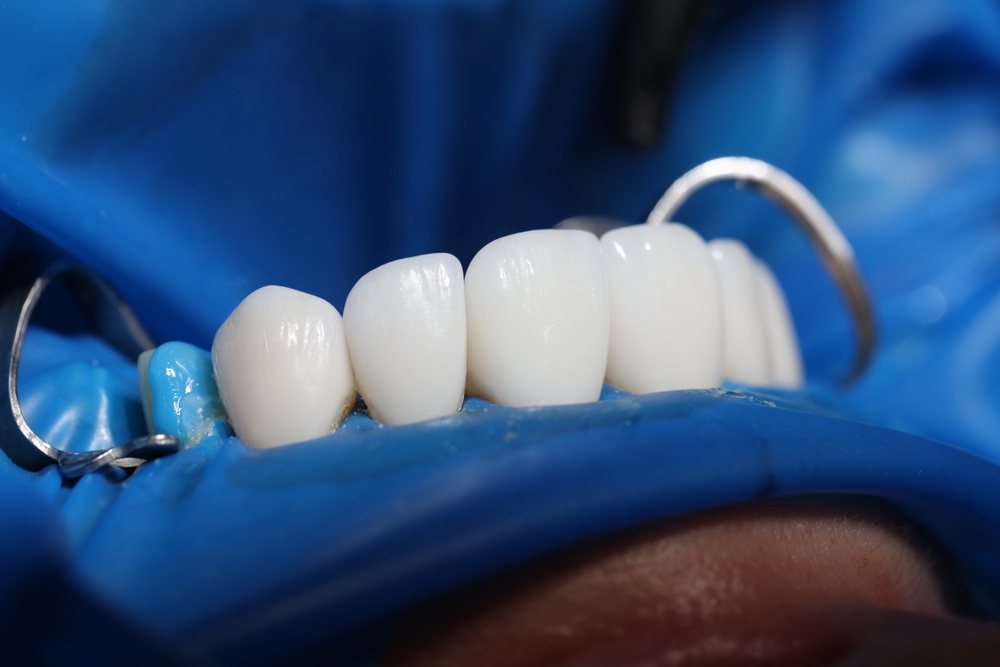Most dental patients will require a variety of different services at various points in their lives. Endodontics is one such example; this specialty deals with tooth pain, root canal treatment, and similar procedures. Finding an endodontist in Griffin, Georgia, to take care of your smile provides lasting relief and builds a strong foundation for lasting oral health.
What is an endodontist?
Many dentists seek out additional specializations beyond the scope of general dentistry. An endodontist is one such specialty, focusing specifically on tooth root and pulp dentistry. The most well-known example of endodontic care is a root canal treatment, but there’s more to it than that.
When you search for something like, endodontist near me, you’ll find dentists with advanced education in this field. That often means they received two to three years of additional training in which they developed the unique skills and knowledge necessary for endodontic care.
An endodontist will not spend much time providing traditional dental treatments, like fillings. Instead, they put their specialized skills to work, taking on advanced cases that many general dentists are unable to perform.
Furthermore, endodontists have increased knowledge and expertise in the area of tooth pain. In turn, they are able to ensure that patients are comfortable during and after more involved treatments. The nerves inside the dental pulp are what make endodontic issues as painful as they typically are, and they, therefore, require the additional insight into pain management that an endodontist offers.
Common Endodontic Procedures
As mentioned earlier, root canal therapy is likely the most common endodontic procedure that people are aware of. It involves removing pulp tissue from inside the tooth as a means of treating or preventing infection. Such a procedure is often required for those with severe tooth decay or traumatic tooth injuries.
Once the inner layers are exposed due to decay or dental trauma, the interior pulp quickly becomes infected by bacteria. If left untreated, the infection will develop further and cause a painful abscess to develop. Root canal treatment saves the tooth before extraction becomes the only viable option.
In some cases, a new infection can develop despite having root canal treatment. And that is where endodontic re-treatment may become necessary. The endodontist will reopen the tooth and remove filling materials before dealing with any re-infected tissue.
Some of the most difficult cases may call for an apicoectomy, a procedure that removes both the pulp tissue inside the tooth and the tips of the tooth’s roots themselves. Patients with very small root branches, blocked root canals, or narrow or curved root canals may require apicoectomies (root tip removal) to ensure that future infections do not take hold.
Signs You Might Need Endodontic Treatment
Many patients are unfamiliar with what is involved in endodontics and may not know when the right time to seek out endodontic treatment as a result. If you keep up routine visits with your general dentist or schedule an appointment regarding tooth pain, they will let you know if a referral to an endodontist is advised.
There are some common signs of endodontic issues that may suggest you need a root canal or other treatment options. Persistent tooth pain is often a clear sign that you need a root canal. And though there are other potential causes of tooth pain, decay, damage, or infections that merit root canal treatment are at the top of the list.
You may also notice increased sensitivity to hot and cold, whether from food, drink, or even the air. Swelling and tenderness in the gums are also potential indicators of infection. A tooth that is visibly decayed, chipped, or cracked is also highly likely to require endodontic treatment.
Benefits of Seeing an Endodontist
Most general dentists offer routine root canal treatments as part of their practices. However, they often aren’t equipped with the knowledge or expertise to handle more complex cases.
Endodontists, on the other hand, have experience with specialized technology and techniques that allow for more complex treatment. They have the best tools available to reduce your risk of future infection or other complications to an absolute minimum.
The end goal of endodontics is to preserve your natural teeth. Root canal treatment and other procedures prevent the spread of infection without the need to extract the affected tooth. Getting treatment from a specialized endodontist provides higher success rates, giving you the best chance of keeping your natural teeth without complication.
Visit Your Endodontist in Griffin, Georgia
Patients dealing with serious tooth pain, decay, or other issues can benefit from working with a specialized endodontist in Griffin, Georgia. The skilled team at Allred Family Dentistry is here with a full range of endodontic treatments to restore the health and function of your smile. Schedule your next appointment today.






